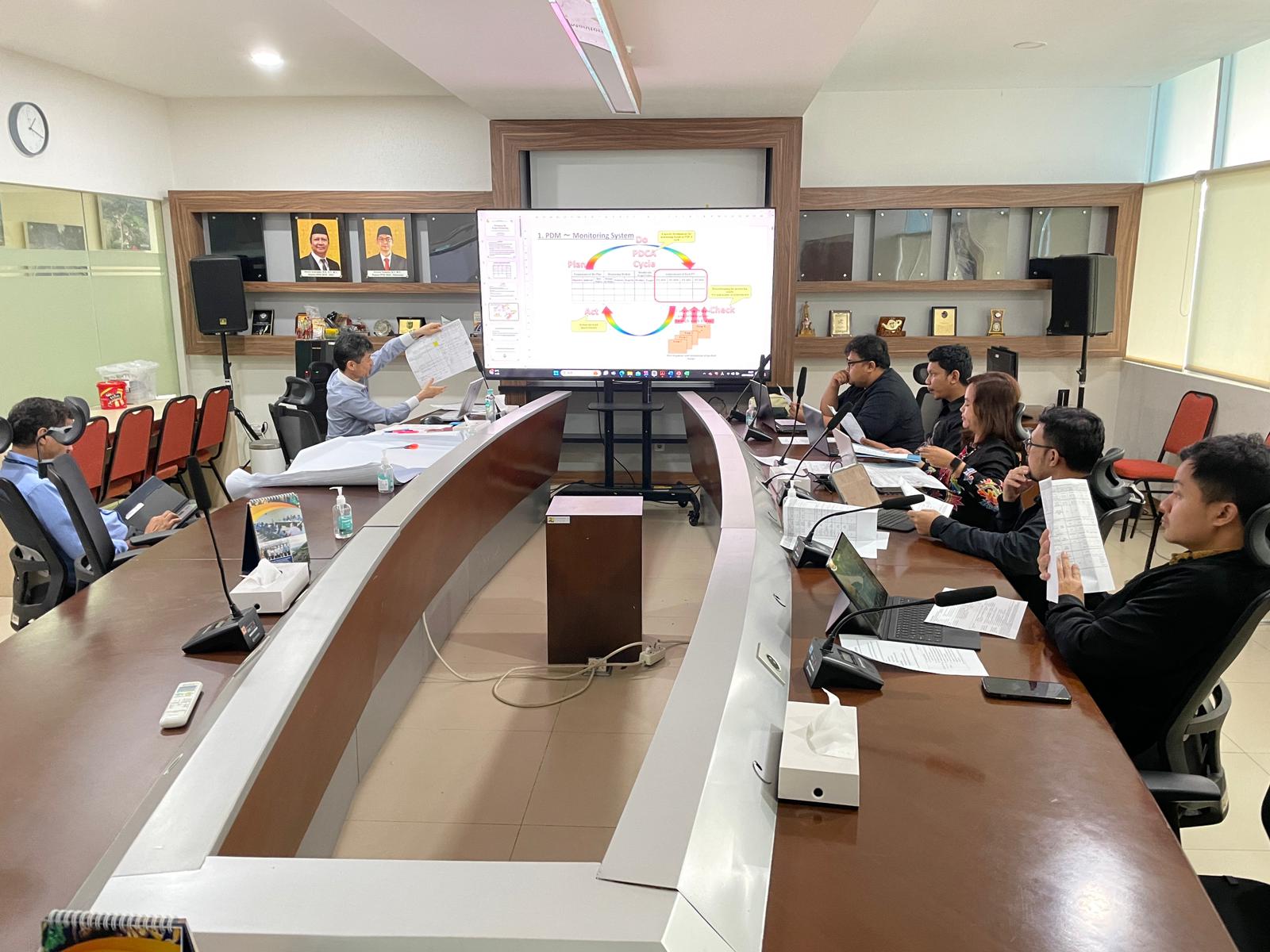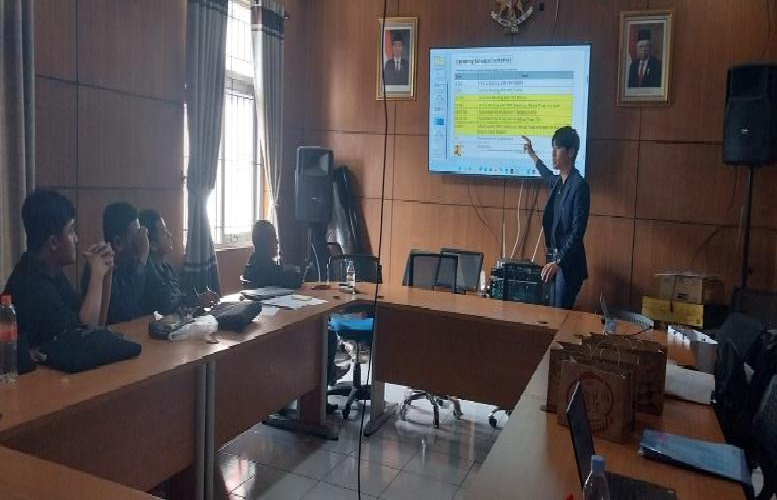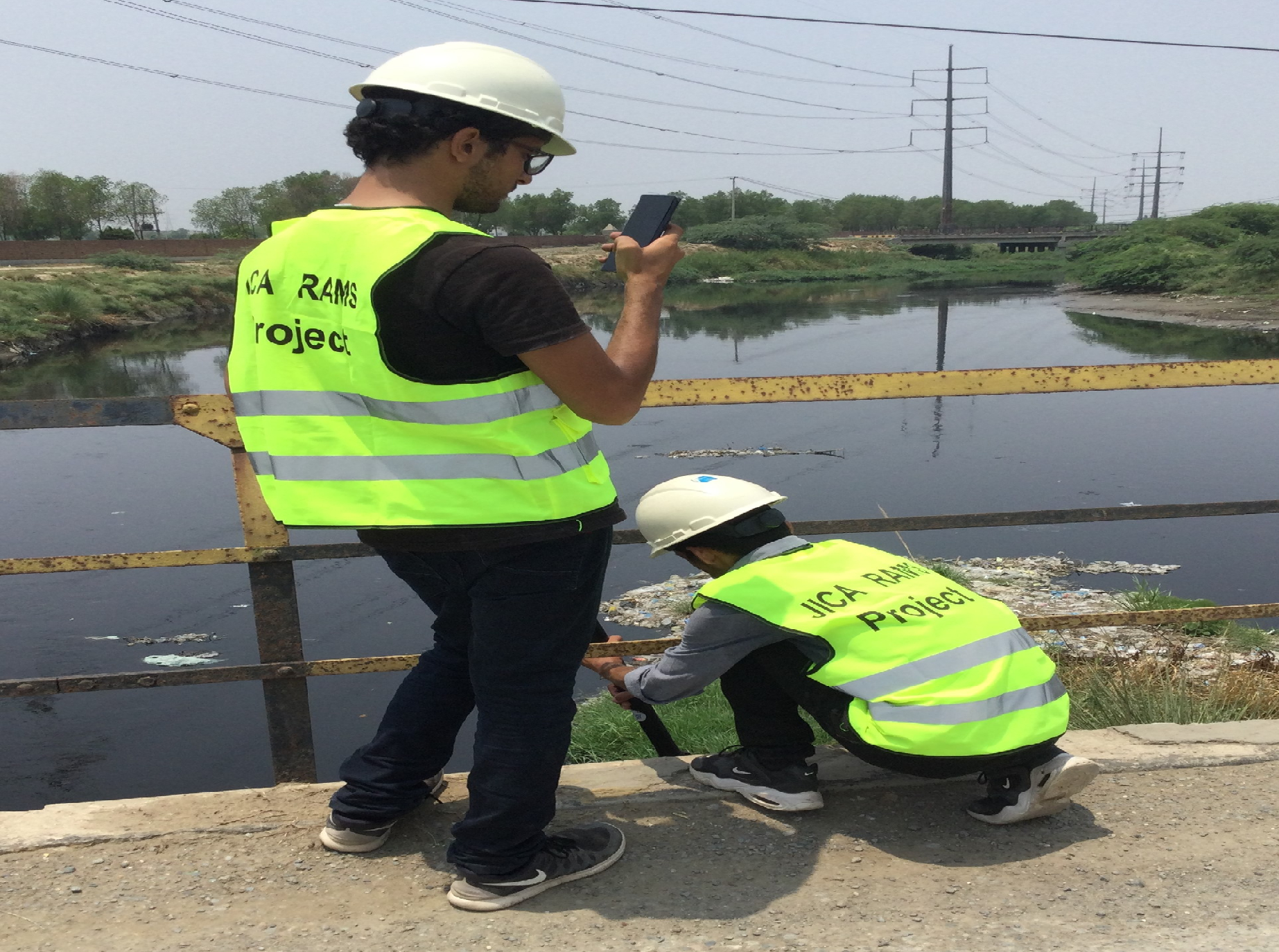We conduct projects on a cycle of plan creation, project operation, monitoring and evaluation. The method of this cycle is what is referred to as Project Cycle Management (PCM).
We conduct surveys before the start of the project, during operation, and just before and after completion (Detailed Planning Survey, Mid-term and Terminal Evaluation, and Ex-post Evaluation). Accurate project operation management is required.
INTEM Consulting, Inc. has considerable experience in using this method, and conducts consultation from an expert perspective.


Local roads in Indonesia are not maintained at the same level as national roads, which are managed in a stable condition. Some of the reasons for this are: insufficient budget for maintenance and management, inappropriate budget allocation due to inadequate maintenance and budgeting systems, and lack of maintenance and management know-how.
Therefore, this project aimed to ultimately achieve smooth implementation of local road projects with three outcomes: (1) improvement of the work execution capacity of implementing agencies with jurisdiction over local roads, (2) formulation of local road maintenance management plans, and (3) development of practical technical methods. Due to the Corona crisis, the period of the project was extended by about 18 months, but we were able to successfully complete the project in March 2024.
We have been in charge of project monitoring and training planning, and have facilitated various activities in cooperation with the implementing agencies by setting indicators, checking progress, and discussing training content through workshops in the field.


The Punjab Province of the Islamic Republic of Pakistan is the country’s most populous province and home to several logistics and economic centers. The total length of roads managed by the province is about 30% of the country’s total, and most passengers and logistics depend on the province’s roads, making the maintenance of the road network extremely important for the country’s economic and social growth.
In Punjab, proper maintenance of roads and bridges is an urgent issue. However, the maintenance budget for roads and bridges is extremely insufficient, and the goal is to extend the service life of road and bridge assets by prioritizing them appropriately with the limited budget.
However, the state faces chronic problems related to road and bridge maintenance and management, such as a lack of human and technical resources, and inadequate database and systems. We are in charge of project monitoring and are promoting effective and smooth project operation and management.